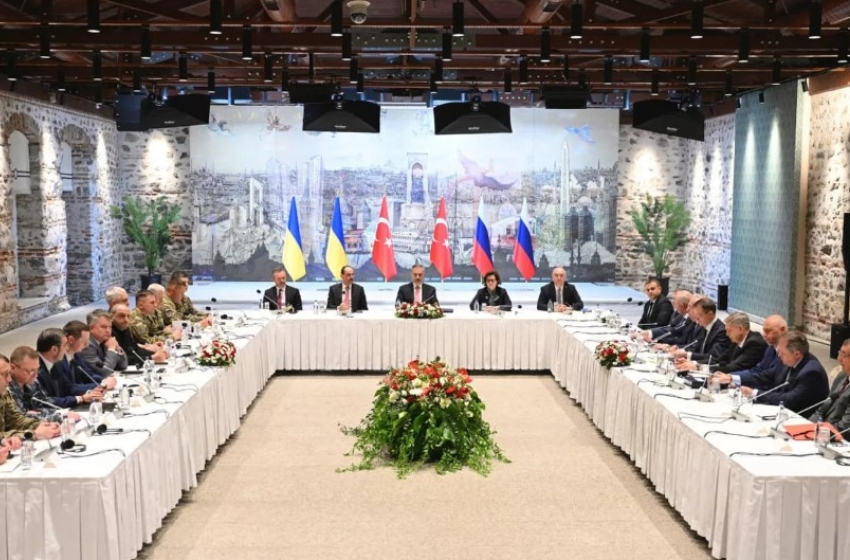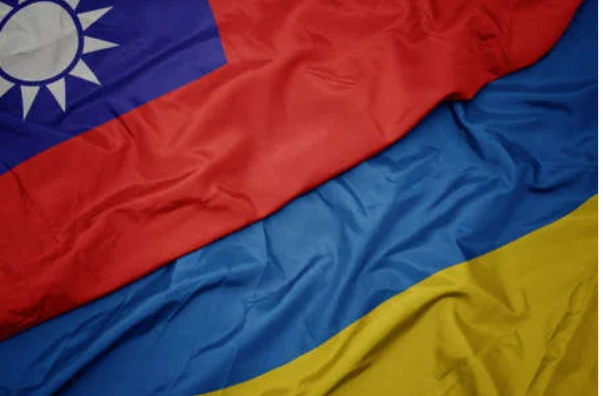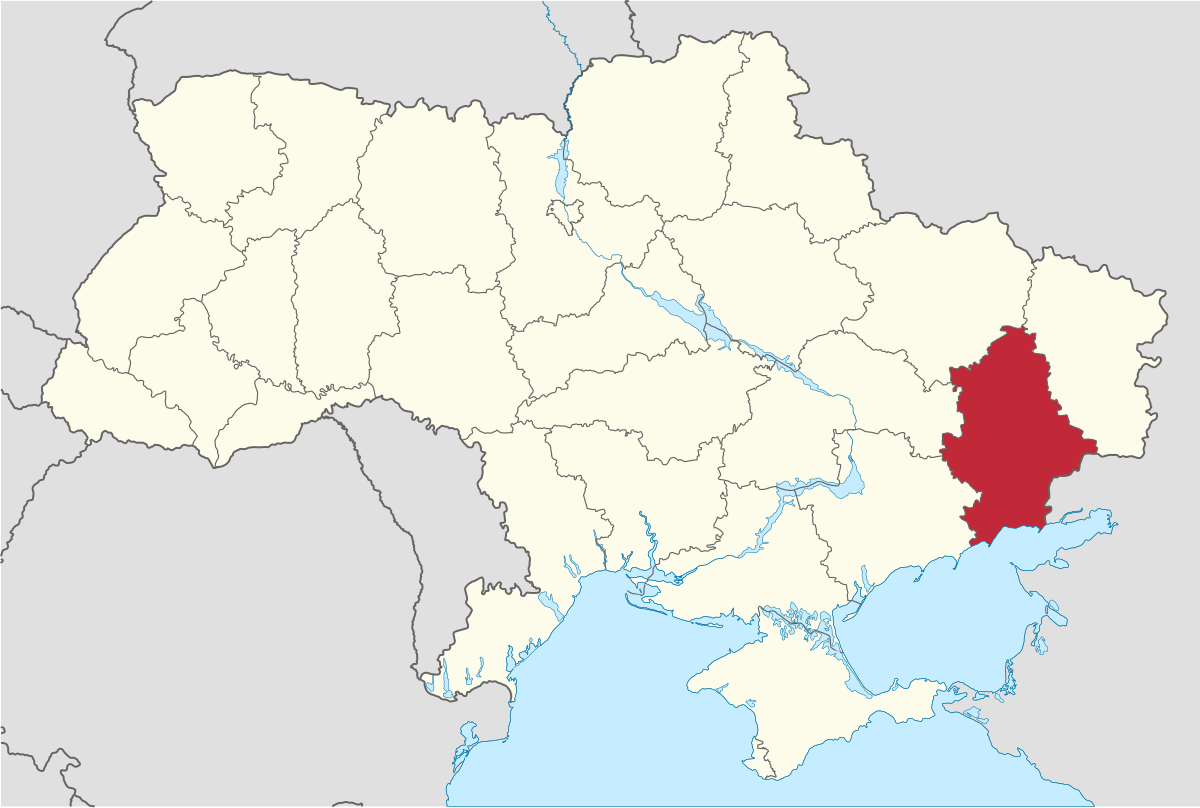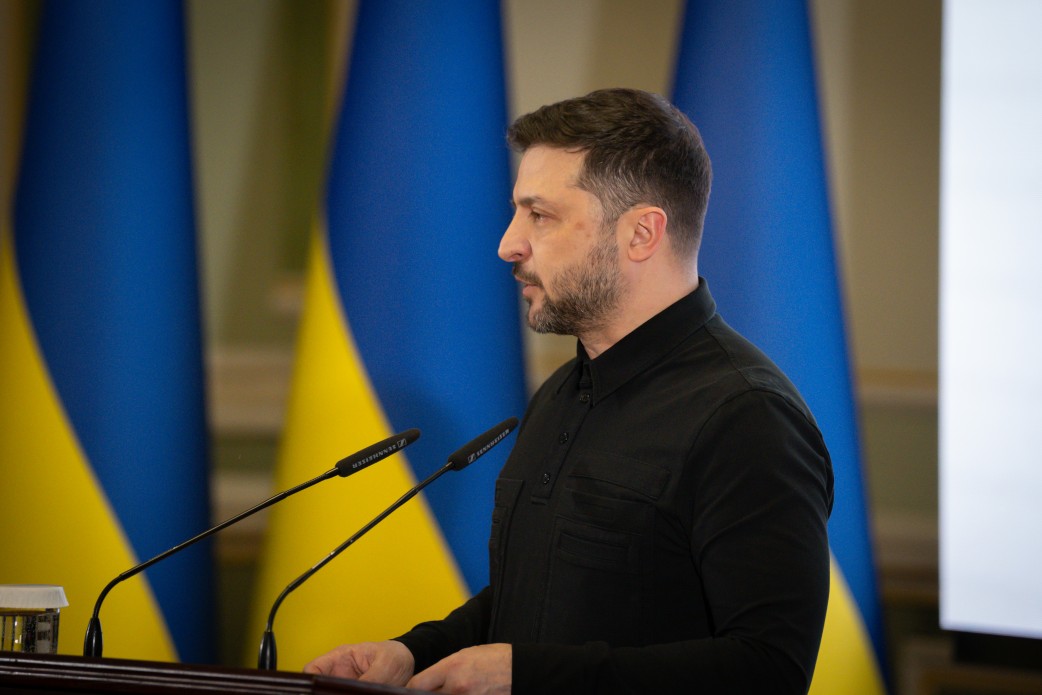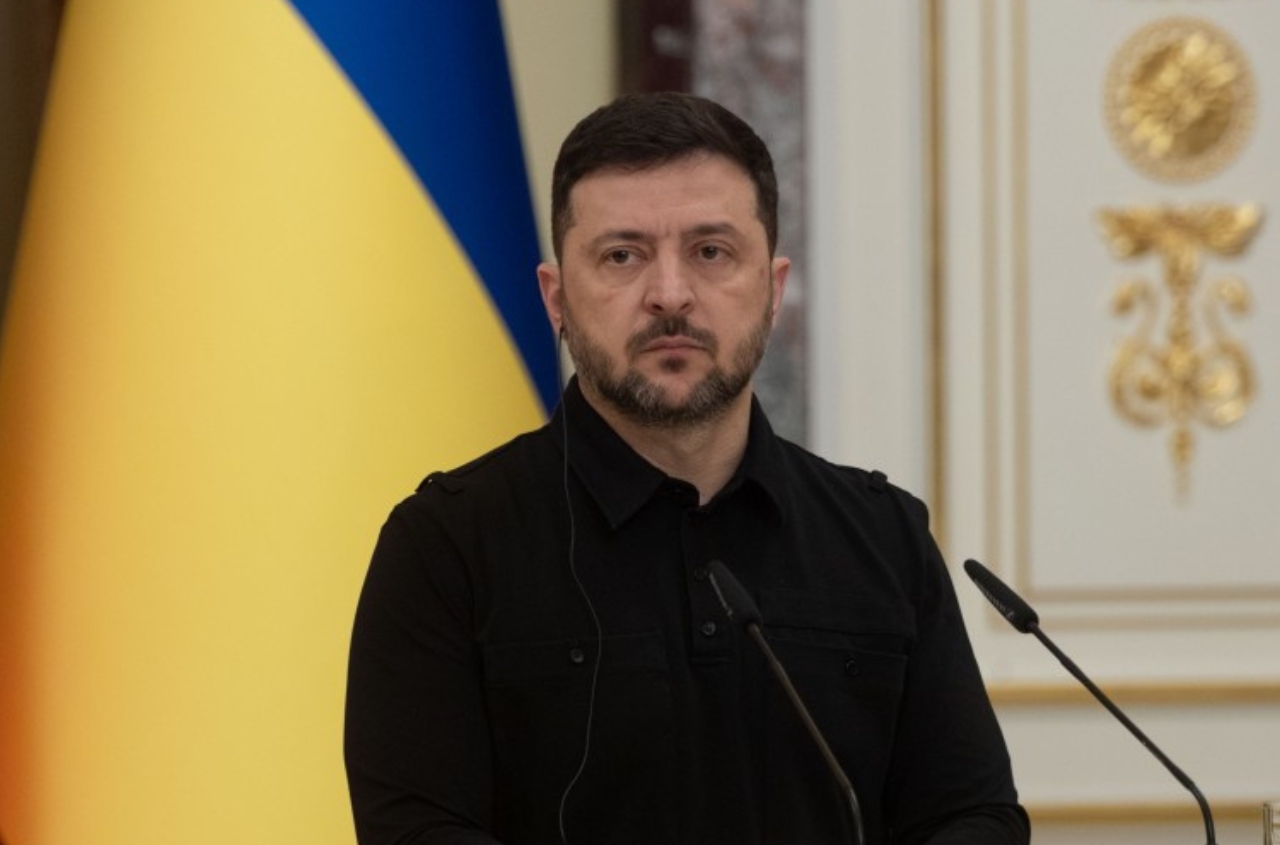On June 2, another round of Russian-Ukrainian peace talks will take place in Istanbul. The parties are even expected to exchange their visions for ending the war. Ukraine has already sent its proposals. The Russian delegation will most likely bring its own “proposals for ending the special military operation” to Turkey.
Theoretically, the sides could reach some agreement. And, again theoretically, other countries would welcome it. But in practice, the situation is somewhat different.
For the US and China, ending the war is beneficial — but without either side suffering defeat. Meanwhile, Trump wanted at least a freeze under “American leadership.” That didn’t happen. So the fate of any peace agreements will depend on (or be a consequence of) the US-China summit in summer 2025.
For the European Union, accepting Putin’s conditions (which would mean Ukraine’s capitulation) would be like repeating the mistake of handing over the Sudetenland to Hitler in 1938. Back then, people spoke about “historically our lands” and the “oppression of Russian… sorry, German-speaking people.” They gave in — and got war. The parallels are too obvious to ignore.
For Russia, it is important to reach agreements with the US (including on hydrocarbon trade) and to carry out a summer offensive campaign. Putin expects that a possible success of the Russian army and a turning point on the front will strengthen his position in negotiations.
For Ukraine, which is developing cooperation with European partners (with a boost expected in 2025) and may enter a new phase of military cooperation with the US, capitulating now is pointless. However, it can still thwart Russia’s attempt to advance. This will strengthen Ukraine’s position in negotiations — especially if, by late summer, when the advancing Russian army “wears down” part of its strength, Ukraine delivers a counterstrike.
Thus, all lines of logic (including the economic one mentioned in the video, but not outlined here) converge on one period — late September to November. That is when progress in the negotiations might appear.
For now, talks will continue, like a game of “who blinks first.” More precisely, who will declare withdrawal from the process. Neither side intends to do that.









